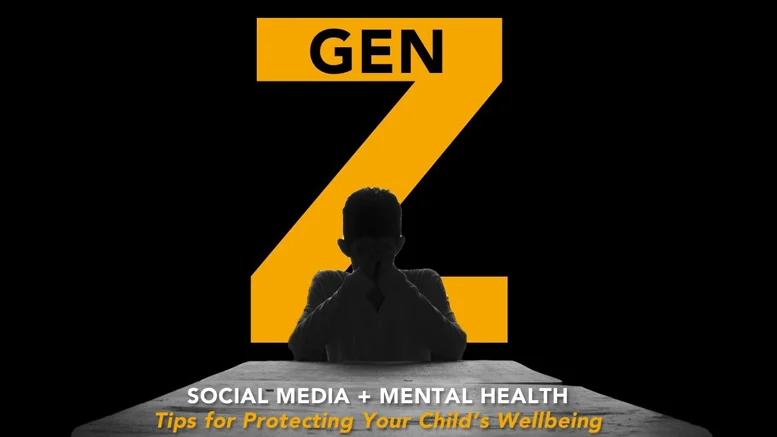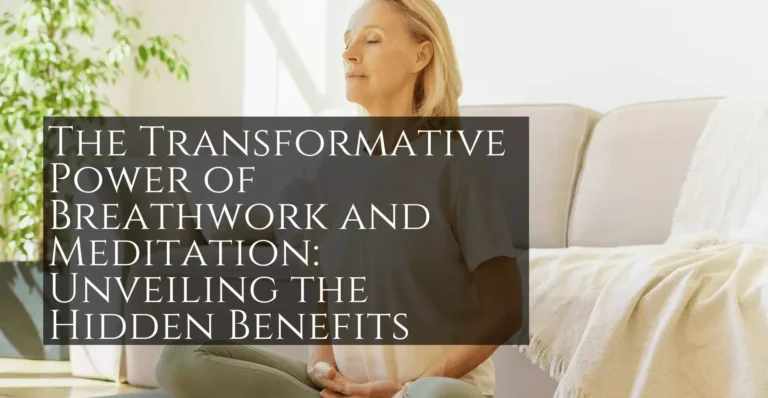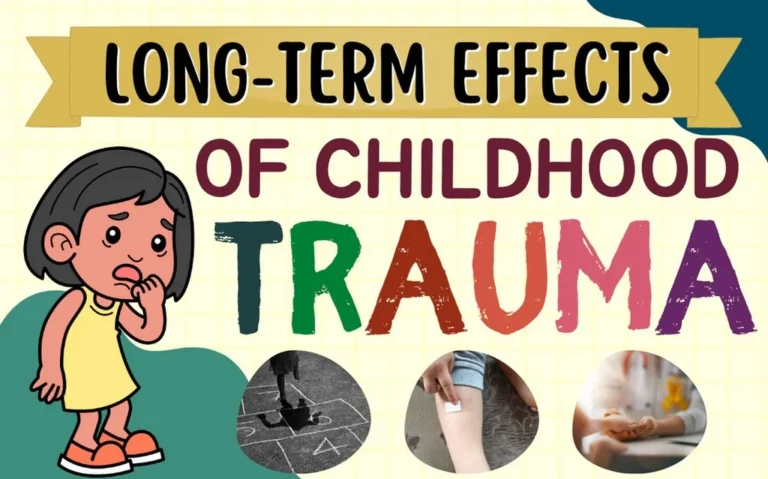Gen Z, which consists of individuals born between 1997 and 2012, has taken a major step forward when it comes to social activism and employment. However, behind this digital entrepreneurship exists an estranged tale of a mental health crisis of a different scale. This generation is commonly known as the “loneliest generation” due to its increasing struggles with anxiety, depression, or anxiety in combination with economic hardships, technological advancement, and social pressures. In this article, we will dive deeper into understanding why this generation faces such hardships, how they are alleviating them, and what lessons can be learned from their strength.
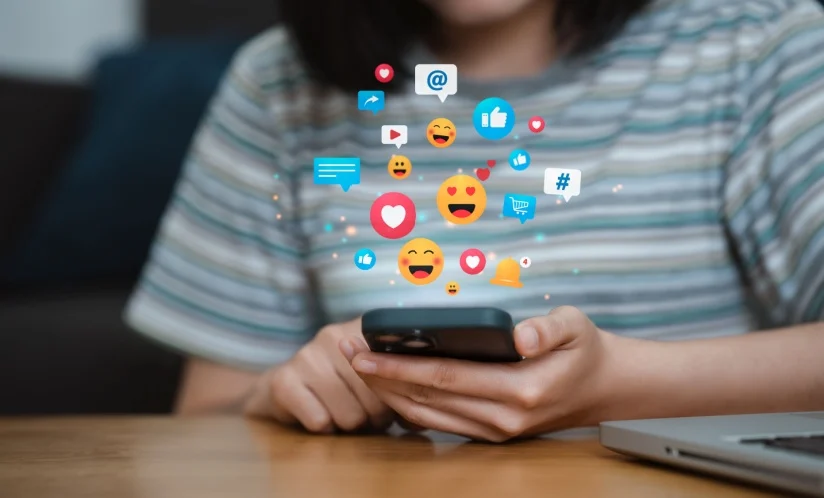
The reality is jarring: 1 in every 3 Gen-Z-ers acknowledge showing signs of depression or anxiety, which is twice more than what millennials or Gen-X reports. 75% consider mental health to be a societal issue of big magnitude, however, 50% of them feel as though their mental condition is being neglected. Suicide rates for adolescents increased by 62% from 2009 to 2021 with LGBTQ+ youth being four times more prone to attempt suicide.
What is the cause for concern for Gen-Z? Let’s delve into five factors.
- The Social Media Paradox: They are stuck in an equivalency spiral; relentless rounds of viewing social media highlights leads to a development of insecurity.Social media is detrimental to the body image of 64% of Gen Z. 59% of U.S. teens have been harassed online and categorize it as cyberbullying. The constant exposure to climate catastrophes, mass violence, and political unrest has created “apocalypse fatigue”, also known as doom scrolling.
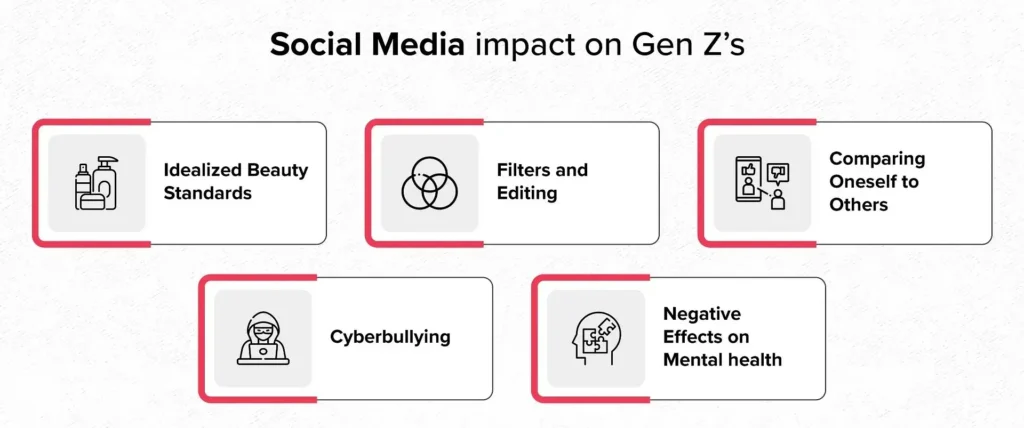
- Economic and Security Threats
- 54% are in fear of never settling rent in the gig economy due to student debt.
- 70% are apprehensive of being able to purchase a house due to the housing crisis.
The experience of “whiplash” after entering adulthood during the COVID-19 lockdowns has left many feeling stunted and lacking direction.
- Identity, Self, and Community
- 40% of Gen Z identify as LGBTQ+, which has led them to face rejection from family and increased instances of discrimination.
The reality of police violence, microaggressions, and the “model minority” stereotype takes a toll on BIPOC youth as racially traumatic experiences.
- Environmental Psychological Distress
A common refrain amongst people is “Will I even have a future?”, which stems from Eco-grief as 83% feel adults have failed to protect the planet.
- Work/Career/Spring Break Burnout
With high stakes standardized testing, college applications, and side hustles, 45% report having little room to rest and exhibit chronic academic stress.
A shift with Zoomers stems from them undertaking bold behavior in seeking aid, representing an encompassing perspective towards well being.
- Disrupting Stigma Associated with Disease or Defect
- Therapists on TikTok normalize conversations surrounding OCD, ADHD, and trauma, labeling it TherapyTok.
- Apps like Huddle and 7 Cups enable users to speak to anonymous listeners, exemplifying peer support.
- Enacting Change at a Systematic Level
- Workplace advocacy: Changes include the addition of remote work options, mental health days, and four-day workweeks.
- Campus reforms: Changes include the addition of free counseling services and trigger warnings in class syllabi at universities.
- Adopting a Holistic Approach to Treatment
- Mindfulness apps: Headspace and Calm are used primarily by Gen Z.
- Plant medicine: Interest in psychedelics for treating trauma stands at twenty-eight percent, compared to fifteen percent of millennials.
The Self-Care Culture’s Problematic Side
Gen Z’s support of mental health practices has its flaws, such as:
- Overmedicalization: Actively self-diagnosing on TikTok can lead to misidentifying stress as various disorders.
- Corporate co-opting: Instead of addressing problems, companies sell wellness as a product. For example, “buy this anxiety- reducing candle”.
- Digital exhaustion: There is no room to breathe when everything is connected all the time.
Solution: How to Reach Out to Gen-Z (and ourselves)

For Gen-Z
- Boundaries: Mute toxic accounts and create “detox” hours for social media, where real life connections are prioritized.
- Advocate: Ask for mental health resources in class or in the workplace.
- Community: Combat feelings of isolation by joining groups such as Gen-Z for Change and The Trevor Project.
For parents and allies
- Listen without judging: Validate other’s fears instead of writing them off as merely “teen drama”.
- Educate yourself: Look out for literature about neurodiversity, cultural identity, and gender, as well as cultural trauma.
- Model vulnerability: Talk about your mental health openly to destigmatize it.
To Consider First: Policymakers Must
- Acknowledge the alarming USA Guidance Counselor Ratio of 1:415 (Recommended 1:250).
- Abolish conversion therapy practices and further safeguard the LGBTQ+ community.
- Fund subsidized teletherapy services alongside sliding scale clinics for low-income clients.
FAQs: Addressing Gen Z’s Top Concerns
Q: What is Gen Z’s damage compared to previous generations?
A: They are not fragile; they speak up. Other older generations did not have the opportunity or the lingo to openly communicate about Mental health.
Q: Is there positivity in social media?
A: Yes! Evidence-based therapists (@millennial.therapist) and advocates (@nedratawwab) provide professional insights.
Q: What can I do to help a friend in need?
A: You can extend a phrase, “Whatever it is, I got your back.” And always provide help sites like Crisis Text Line (Text HOME to 741741).
The Light Ahead: Gen Z’s Radical Hope
Gen Z is leaning into the healing process whether society approves or not. From building mental health support apps to leading protests, they are shifting the paradigm of the meaning of ‘being okay.’ Their bold claim: Not taking care of mental health is not a personal fault; society failed. This generation is not solely fighting to survive crap life. They are hand curating a better tomorrow that is more gentle and inclusive to all.
Your Move:
- Biases, Let go of “snowflake” labels.
- Provide support: Youth-led mental health organizations deserve more recognition.
- Stop giving value to burnout, Resting is underrated.
ALSO READ MORE HEALTH ARTICLES FROM CHIID HEALTH

